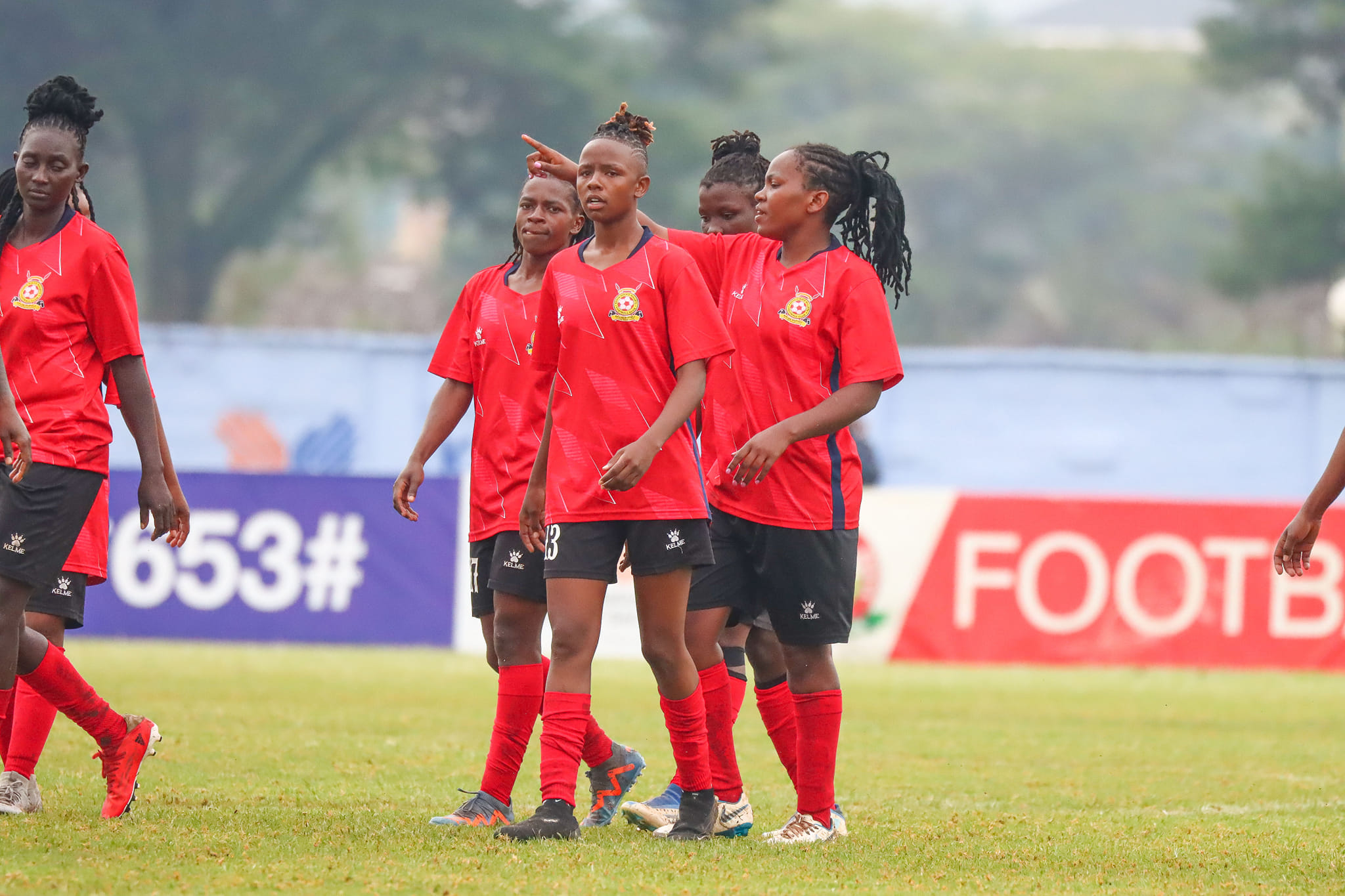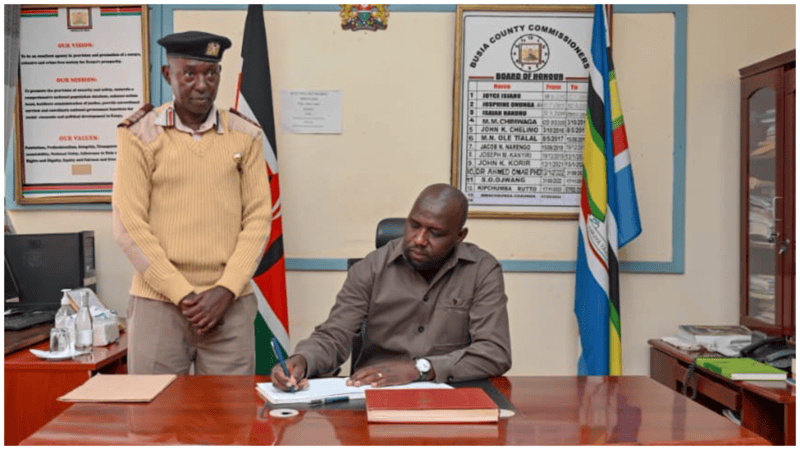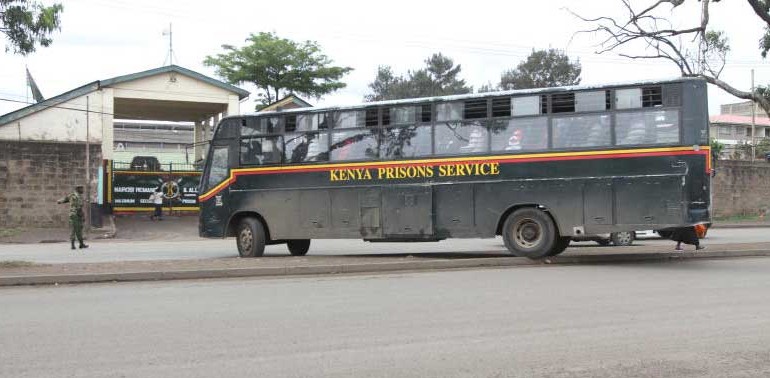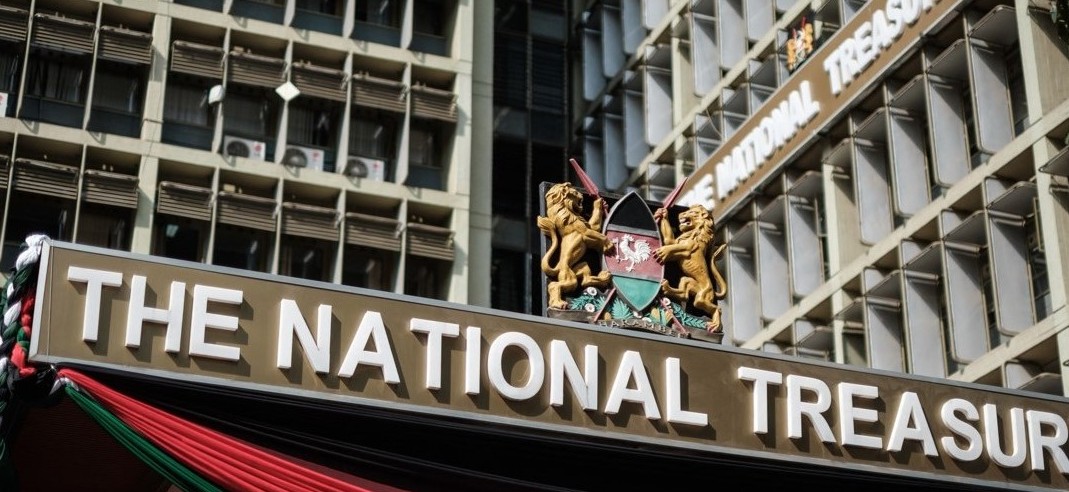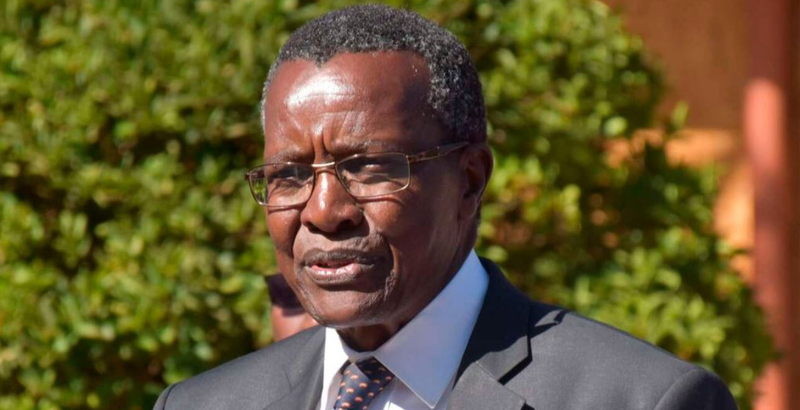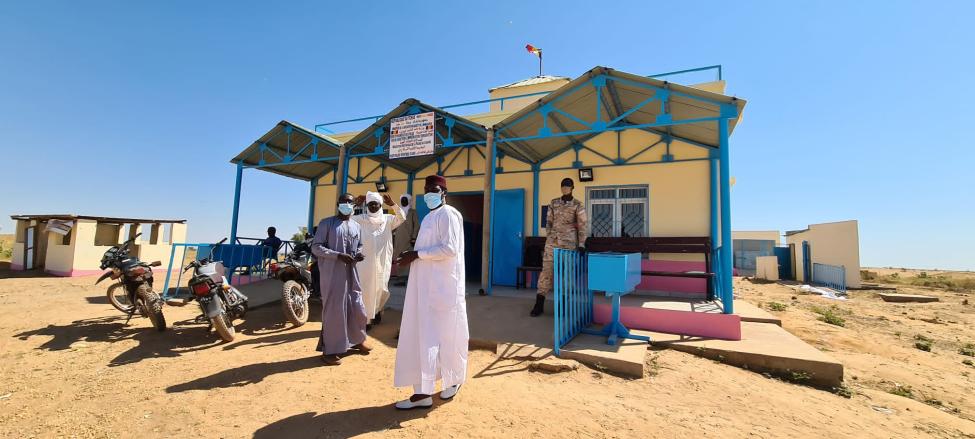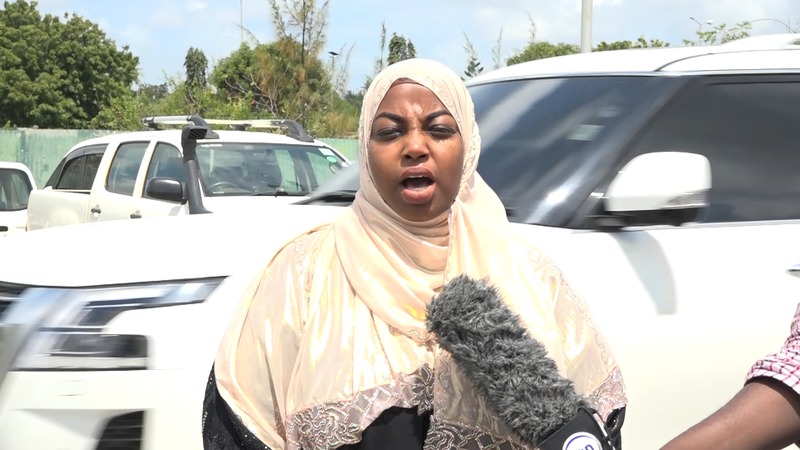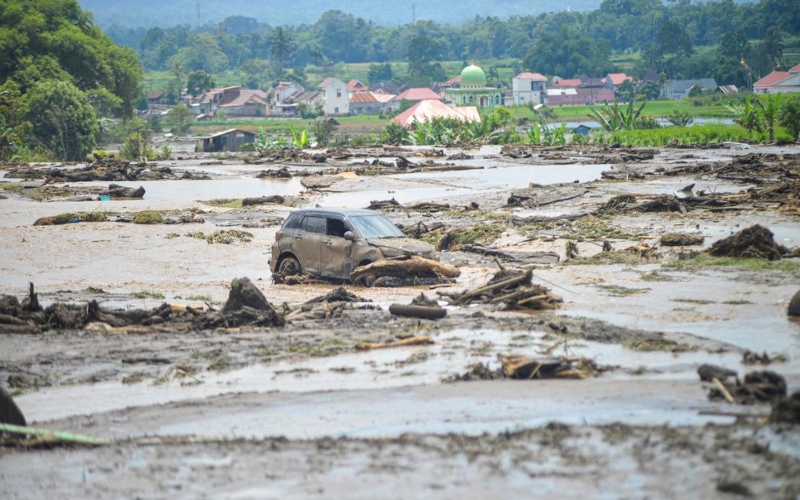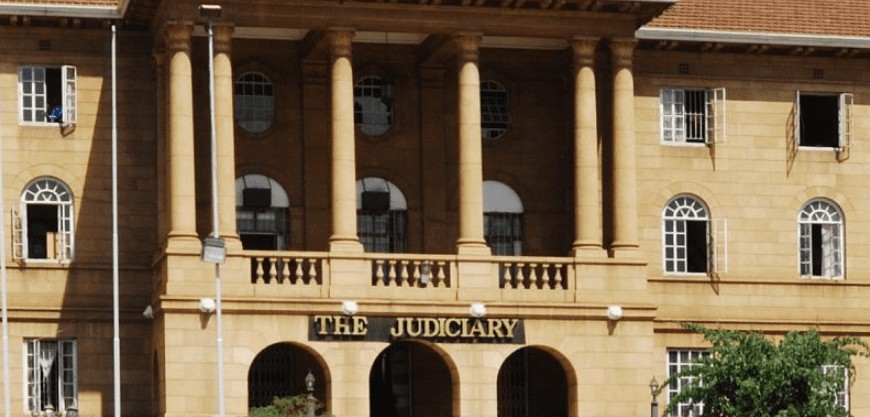Communications Authority denies censorship claims, defends live protest coverage ban as lawful
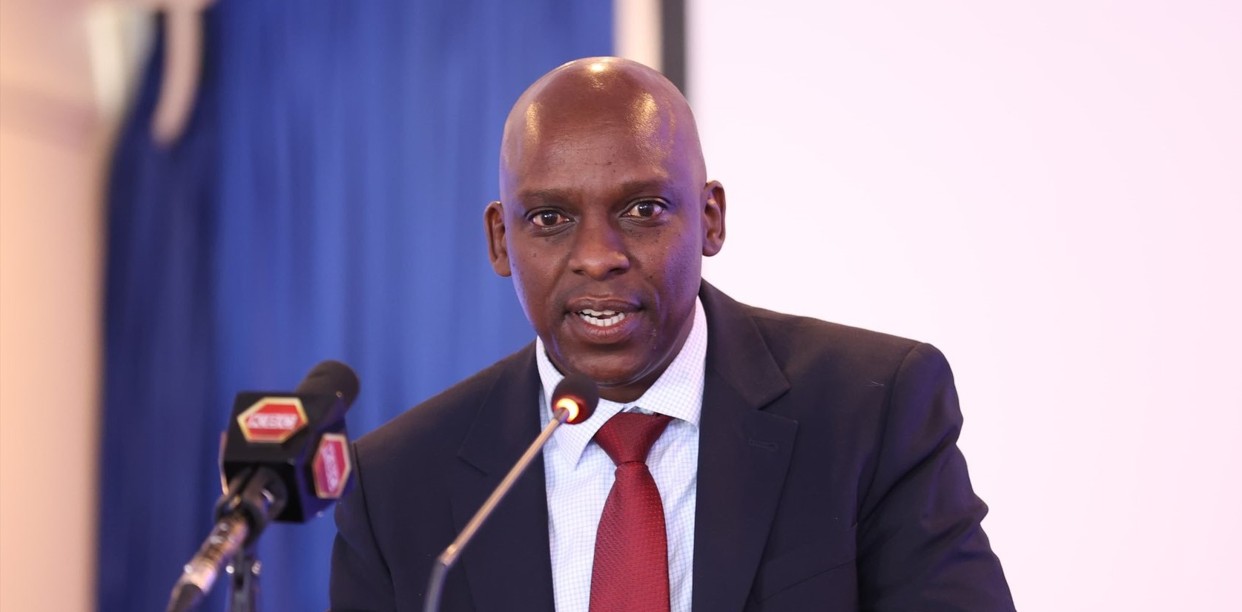
CA boss Mugonyi accused broadcasters of failing to activate profanity delay mechanisms, which led to the live airing of unfiltered, graphic and inflammatory content.
The Communications Authority of Kenya (CA) has denied censoring the media following a directive that barred television and radio stations from airing live coverage of the June 25, 2025, anti-government protests, insisting the move was lawful and necessary to avert public harm.
In court documents filed in response to a petition by the Law Society of Kenya (LSK), CA Director-General David Mugonyi said the decision did not amount to blanket censorship, but was a targeted intervention to prevent the misuse of live broadcasts for incitement and unrest.
More To Read
- Kenya School of Law sets October 31 deadline for training applications
- LSK demands urgent probe into abductions of lawyers, warns of persecution
- Amnesty backs Irungu Houghton's appointment to protest victims’ compensation panel
- Ruto appoints Faith Odhiambo to co-chair panel of experts on compensation of protest victims
- Cofek challenges appointment of CA Board chair Charles Kamau
- JSC rejects Nelson Havi’s petition to remove Justice Mabeya
“The directive was not a blanket ban on media coverage. It only applied to live coverage, which was being misused to incite violence and fuel public disorder,” Mugonyi, through his legal representatives, Koskei Mond Advocates LLP, told the court.
While acknowledging that Article 34(1) of the Constitution protects freedom and independence of the media, Mugonyi maintained that this right is not absolute. He cited Article 33(2), which disqualifies hate speech, incitement to violence, and advocacy of hatred from constitutional protection.
Profanity delay mechanism
He accused broadcasters of failing to activate profanity delay mechanisms, which led to the live airing of unfiltered, graphic and inflammatory content.
“In a nutshell, the directive merely required all broadcasters to activate the profanity delay mechanism. This does not mean that the Authority directed the broadcasters not to air the demonstrations. Rather, they should not air the live coverage of the demonstrations,” Mugonyi said.
The Authority linked live broadcasts to a surge in unrest, citing violent incidents in Nairobi, Thika, and Nakuru, including the looting of businesses and the burning of Kikuyu Law Courts and Kikuyu Police Station.
International best practices
CA argued that its directive aligns with international best practices, noting that countries like the United States, the United Kingdom, and India allow temporary media restrictions during times of civil disorder or emergencies.
The regulatory body also cited Section 46 of the Kenya Information and Communications Act, which obligates broadcasters to ensure responsible programming, provide accurate and impartial news, and offer balanced perspectives on controversial issues.
“The safety of Kenyans and the stability of the nation had to be prioritised. The directive was in line with both the Constitution and the law, and did not amount to censorship, but rather responsible regulation,” the CA said.
The High Court had earlier granted conservatory orders suspending the directive after LSK filed a petition challenging its legality.
During the latest mention on Wednesday, Justice Chacha Mwita extended the orders and directed that the matter be mentioned again on October 27 for further directions.
The court also ordered the consolidation of various petitions challenging the CA directive, noting that they raise similar constitutional questions.
This came after it emerged that the Kenya Union of Journalists (KUJ) had filed two separate petitions over the same issue.
LSK maintains the directive is unconstitutional and seeks its full annulment.
Top Stories Today
